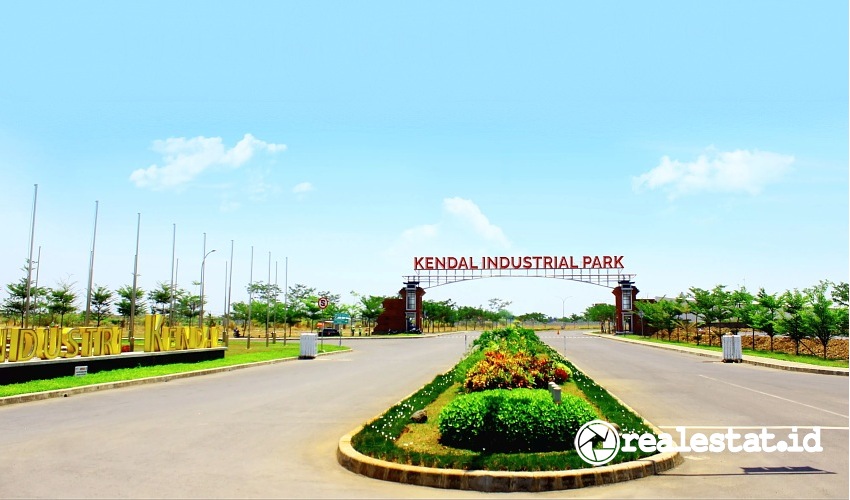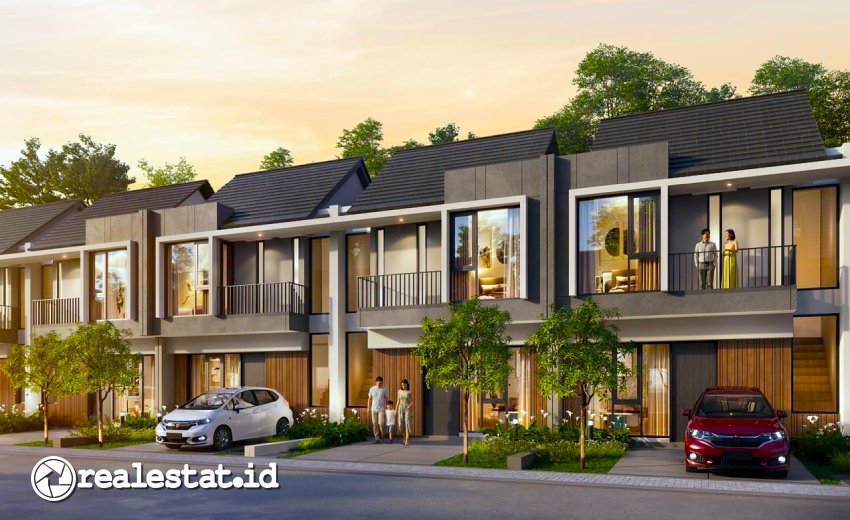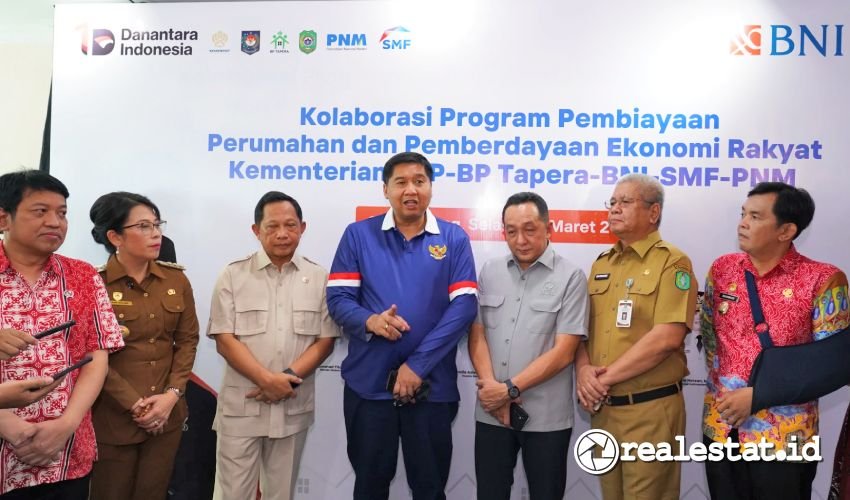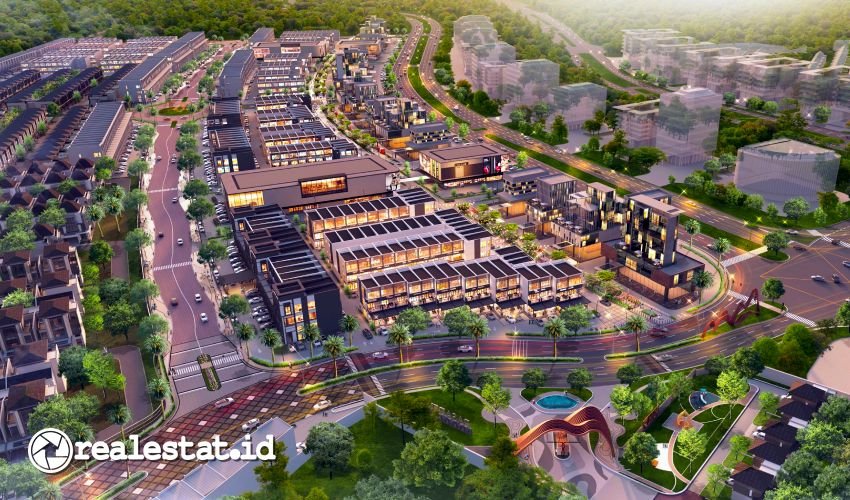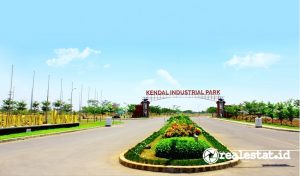RealEstat.id (Jakarta) – Colliers, leading diversified professional services and investment management company, has released its 2023 Global Investor Outlook report, which has found that the stabilization of global property market will take hold by mid-2023.
Despite the volatility of geopolitical tensions, economic shocks and uneven monetary policy over the past year, countries including the UK and US have already witnessed a rapid pricing reset however, this has not been universal. Investors can therefore expect significant differences in how the reset plays out across sectors and markets in 2023.
Colliers Indonesia Head of Capital Markets & Investment Services, Steve Atherton mentioned that Indonesia is also facing rising interest rates by the central bank as well as higher construction costs with rising levels of concern about a global recession. However, even with some recent employee layoffs in the news, Indonesia has lower inflation, lower interest rate increases and less currency devaluation compared to markets like USA and Europe.
Read More: Colliers: Despite Headwinds, Key Asia Pacific Property Markets Sustain Robust Performance
“While the office markets and apartment markets have been in trouble over the last two to three years, and the pandemic created dislocation in the local property markets, especially in hotel and retail, we have not faced the large-scale asset repricing that is presently underway in the USA, Europe and major gateway cities in Asia. Rather than repricing assets to reflect the reduced demand, lower rental rates and higher interest rates, most Indonesian owners are trying to hold onto their assets and wait through the stormy weather,” he added.
Colliers Indonesia sees that many developers and investors are re-focusing their development efforts into landed housing or expanding into new asset classes like logistics, data centers or other horizontal projects. Most large-scale vertical developments are delaying new launches until there is evidence of real demand and some reduction in the rising interest rate and construction cost environment.
Asia Pacific Investors to Raise Exposure Despite Challenges
Globally, Asia Pacific is the region most optimistic about economic growth. Over half of Asia Pacific investors (53%) expect positive impact as a result of economic growth within its own region, versus 41% in EMEA and 38% in the Americas. Similarly, 43% of Asia Pacific respondents expect positive impact as a result of global economic growth, above EMEA (38%) and the Americas (28%).
Read More: Property Industry in Developing Countries: Are They Part of The Problem for Achieving Net-Zero?
Chris Pilgrim, Director of Global Capital Markets, said: “It is expected that the Asia Pacific region will outperform all other markets in 2023. The next 12 months will still be tough, especially for core markets such as Australia, Hong Kong, Korea and Singapore. However, multinational investors heavily exposed to the European and North American markets will find that investments in Asia are a bit more protected from the current inflation and interest rate environment. And as the debt markets stabilize and the volatility disappears, we also expect private equity to ramp up M&A activity through 2023.”
Rising Costs and Challenges Ahead
Current inflation and interest rates are fueling an increase in operational and construction costs already exacerbated by supply chain issues and energy price increases. Asia Pacific investors cited interest rates (88%), increased construction costs (87%), and higher asset operation costs (77%) as their primary macro challenges for the year ahead. Globally, interest rates were also the top concern (88%), followed by inflation (74%) and supply chain disruption (68%).
The report also found that rising construction costs and higher asset operating costs are the top two market factors that are expected to have the most negative impact on investors’ ability to pursue investment strategies, both globally and in Asia Pacific. Over half (59%) of Asia Pacific investors cite rising construction costs as having the most negative influence, followed by higher asset operating costs (53%).
Read More: Major Asia Pacific Property Markets Show Signs of Recovery
John Howald, Executive Director, Head of International Capital, Asia Pacific, said: “Understanding and managing the multitude of rising cost pressures impacting property is critical. Cost of capital is only one part of the equation. Despite the current outlook, there are some long-term investment opportunities that are quite attractive within the context of today’s economic environment. For example, if you have the ability to buy assets with long lease terms to high quality tenants and can purchase full equity or find attractive financing alternatives. An experienced partner with local expertise can help investors understand market nuances that impact costs and values.”
Core Assets Prevail
Market volatility has led investors to focus on fundamentals and defensive strategies. Across the board, Asia Pacific investors’ top three sector preferences for 2023 are offices (68%), industrial & logistics (I&L) (65%), and multifamily/build-to-rent (42%) – the same top three for investors worldwide. While core assets in established, larger cities are investors’ preference in Asia Pacific (74%), sectors closely connected to changing demographic and economic realities such as multifamily and senior housing are driving activity in smaller, growth cities. There is also rising interest in retail with 52% of Asia Pacific respondents intend to invest in suburban malls, and 48% in CBD/high street retail.
Liquidity and Sustainability Driving Opportunities
Environmental, social, and governance (ESG) criteria continues to be a key factor in investor decision making across Asia Pacific. This is driven by a flight to quality primarily in major office markets, as well as the need to respond to occupier demands and to balance out long-term asset operational costs.
Read More: Asia Pacific Property Transaction Volumes Expected to Record Double-Digit Growth in 2022 and 2023
In Asia Pacific, two-thirds (66%) of investors have either already activated or are currently integrating action on the environmental performance of their assets (e.g. a capital improvement, disposal or acquisition strategy that incorporates ESG considerations), compared to 75% of investors globally. 40% of Asia Pacific investors are also looking to dispose up to 50% of their existing portfolio in the next five years as it no longer fits with their ESG investment strategy, compared to 53% of investors globally.
John Marasco, Managing Director | Capital Markets & Investment Services, said: “In response to occupier preferences, growing regulatory requirements and the rising cost of operating assets, investors are rethinking value and placing a greater emphasis on a range of ESG factors this year. There is both an expectation and greater evidence that assets with strong sustainability characteristics can command a premium and those that don’t will be heavily discounted. It will be a wait-and-see situation for how capital is distributed across the capital stack in terms of refinancing, the retrofitting of assets, new construction, or divestitures.”
About the 2023 Global Investor Outlook
The 2023 Colliers Global Investor Outlook Report was conducted in October and November 2022 and is based on over 30 in-depth interviews with Colliers Capital Markets global and regional experts. 776 investors were surveyed worldwide, with 365 respondents from Asia Pacific. This is the third edition of Colliers’ annual outlook for global property investors.






